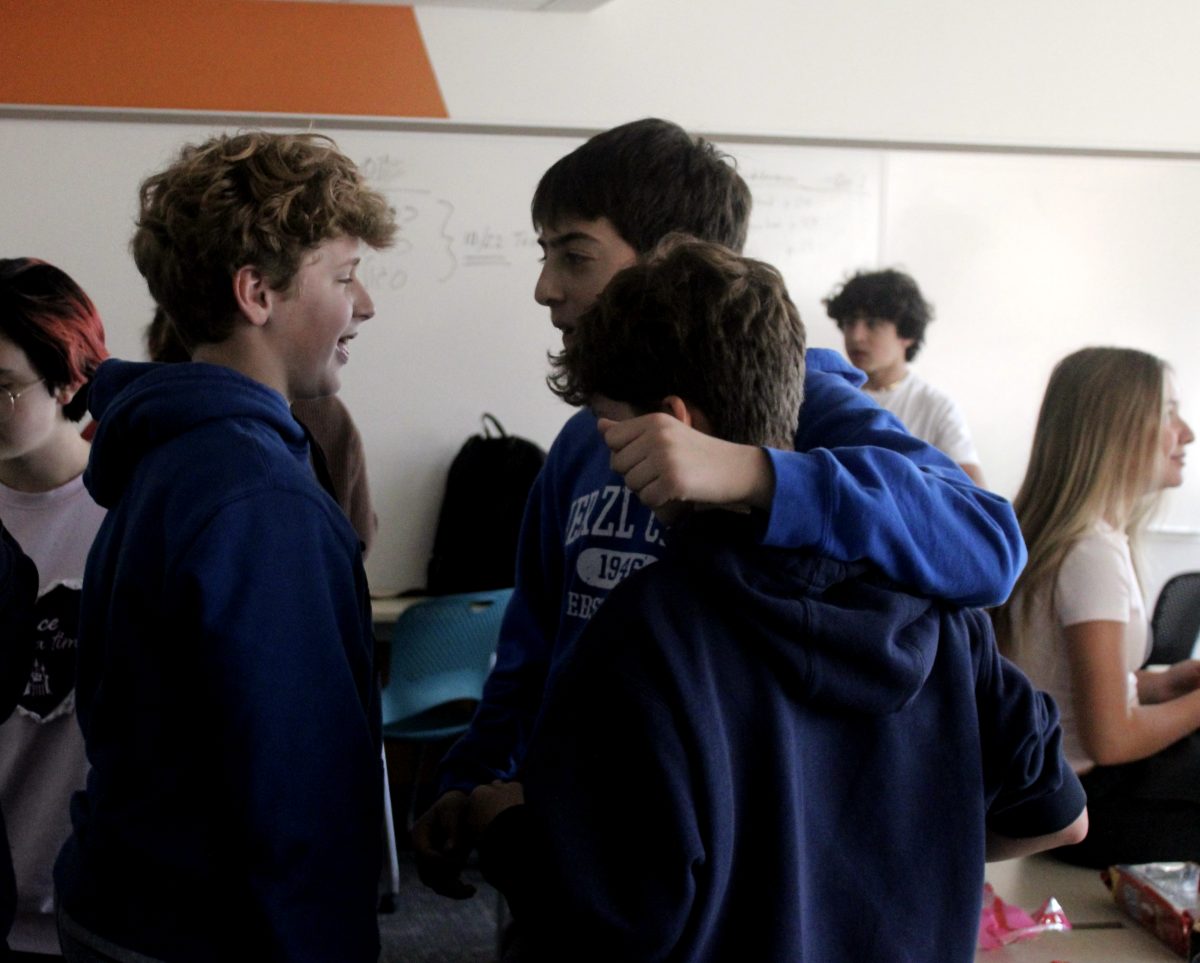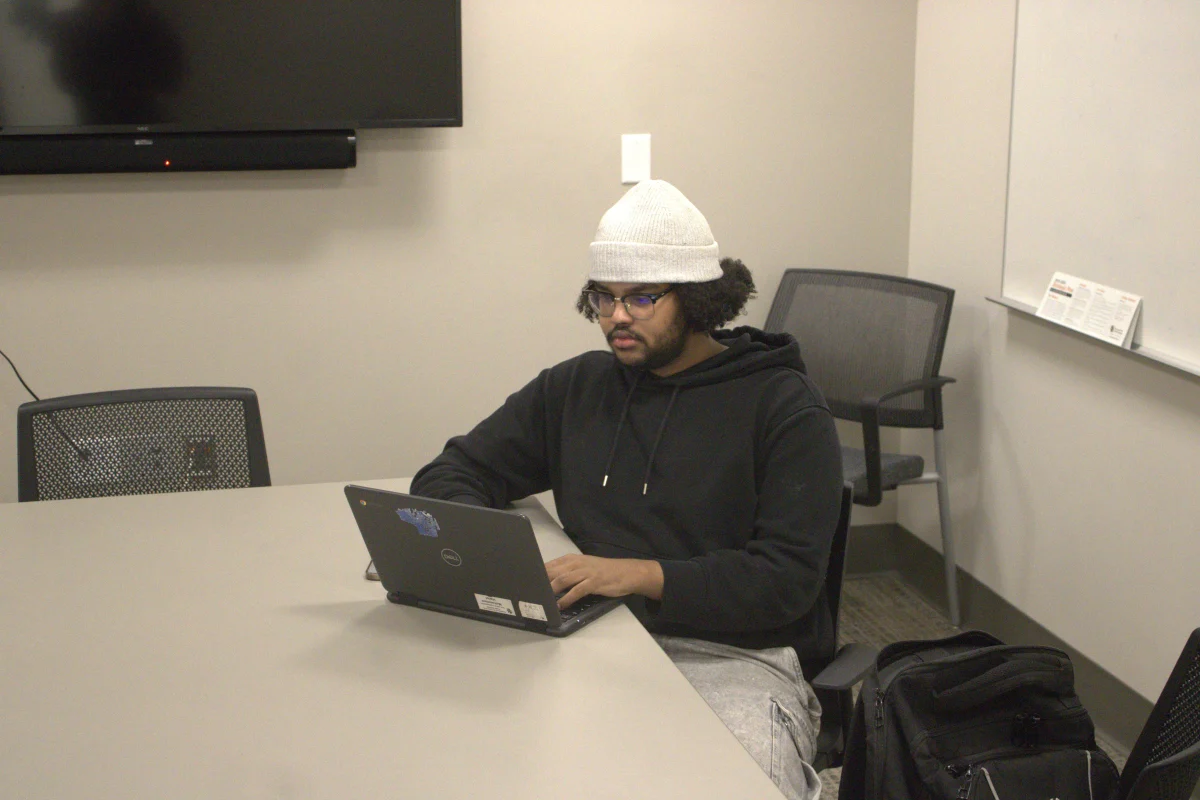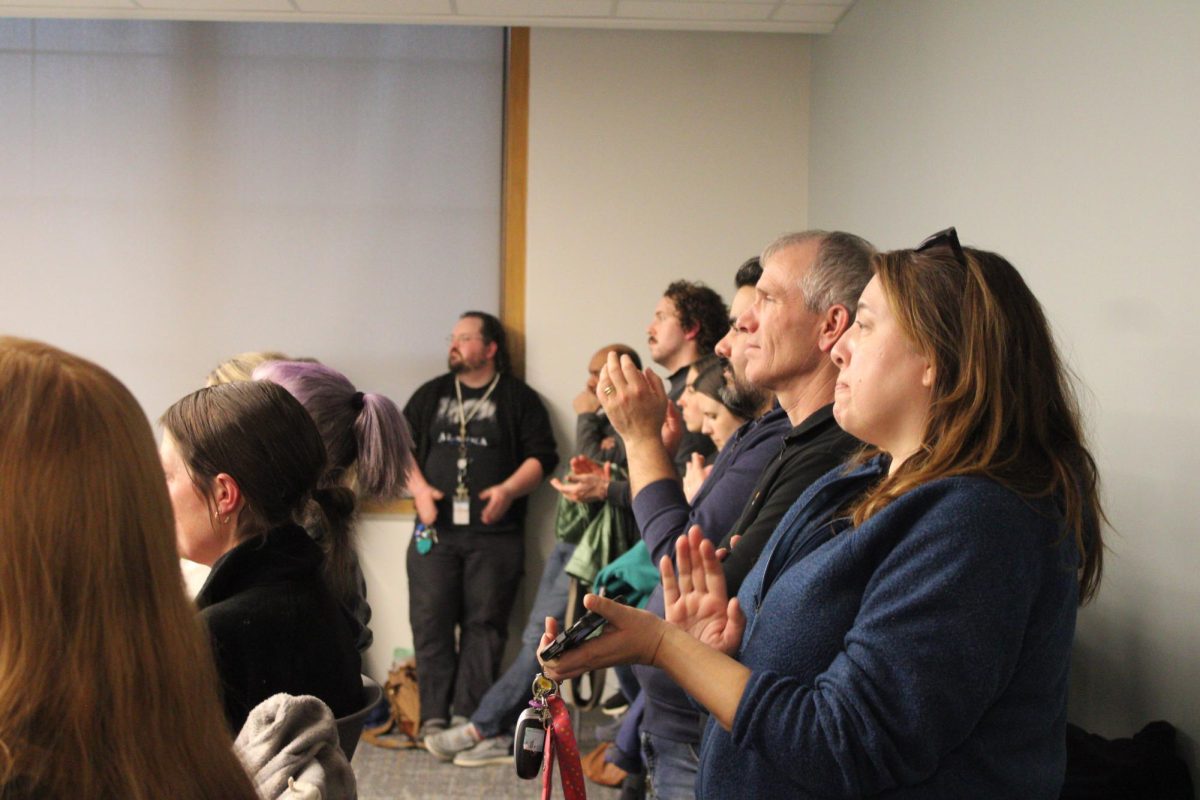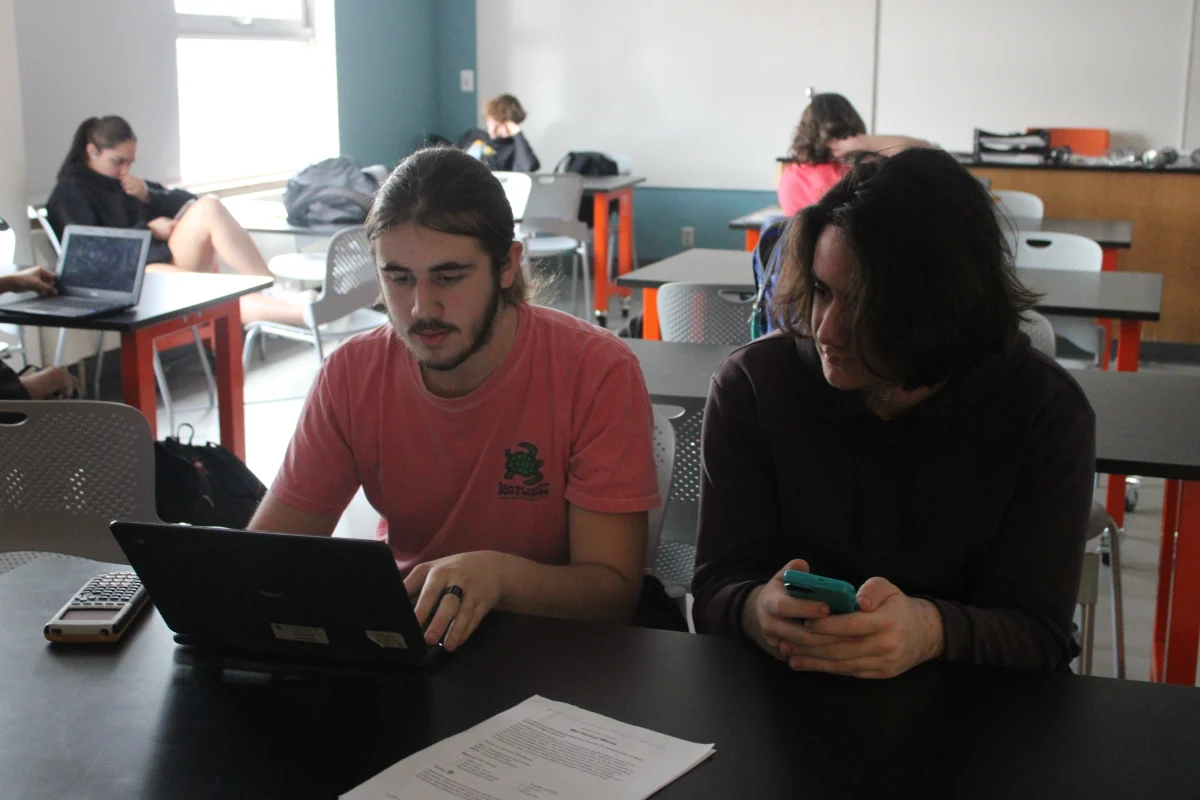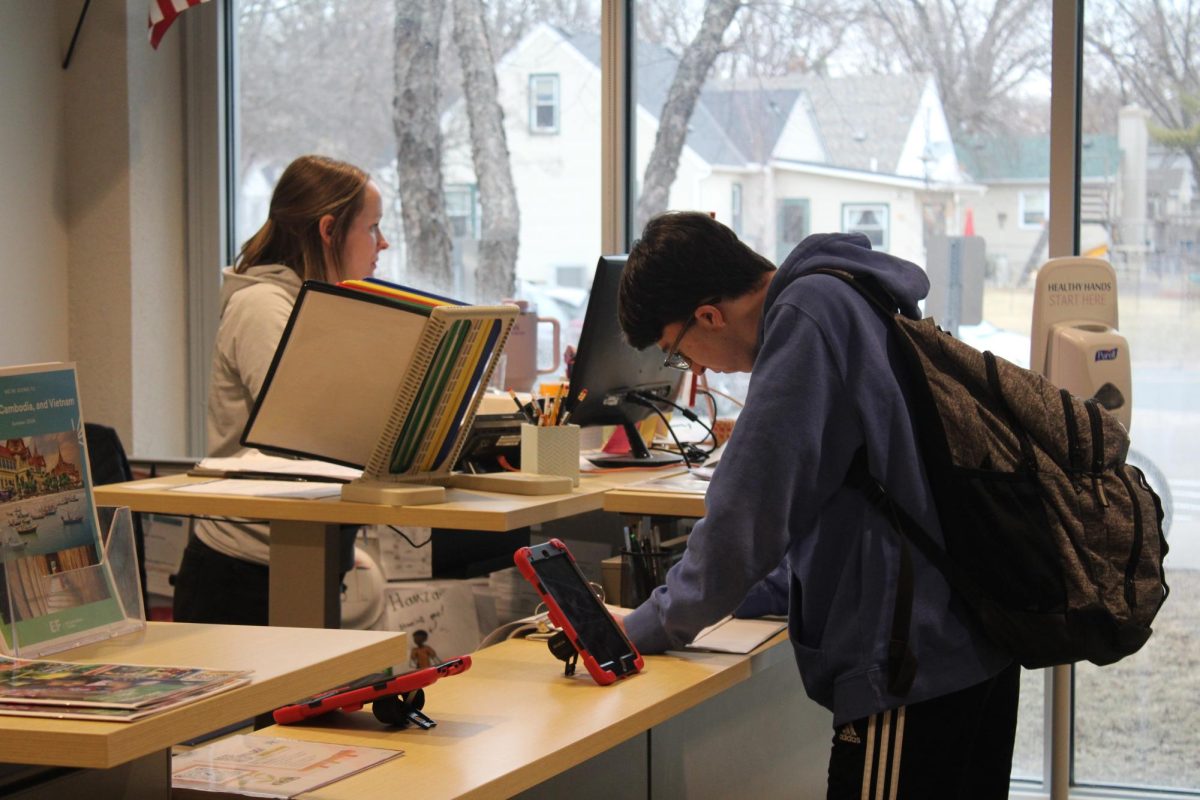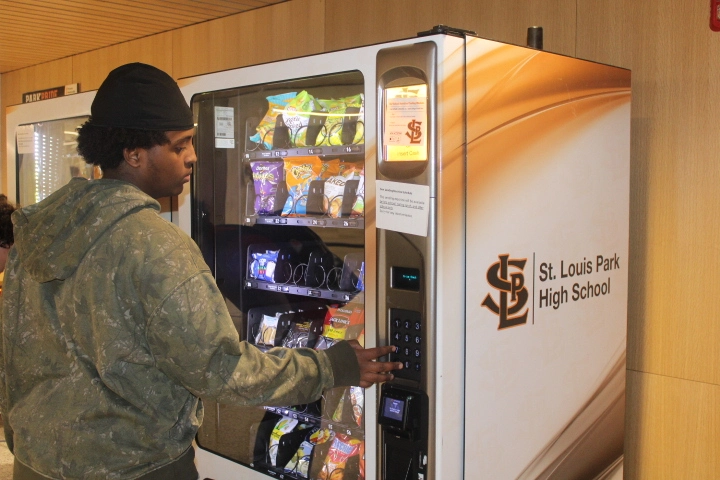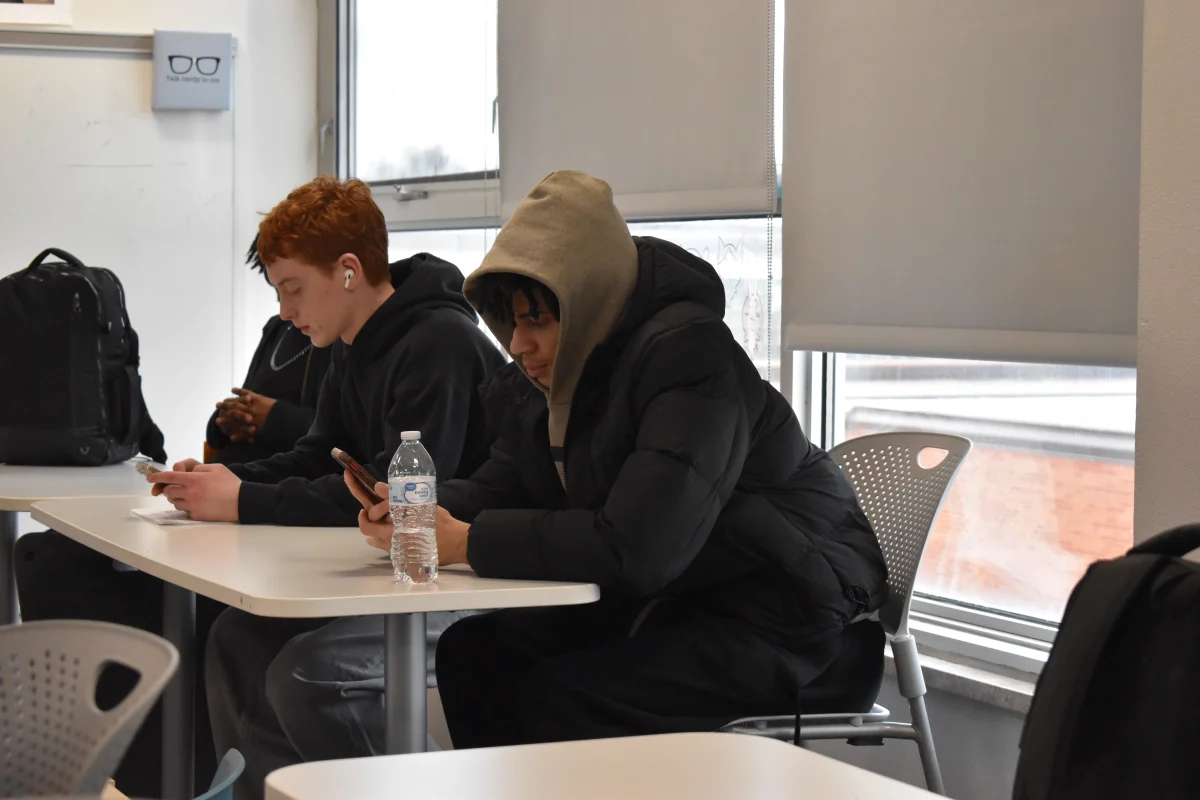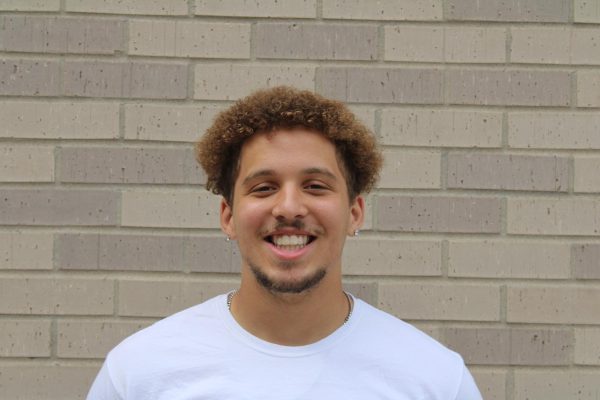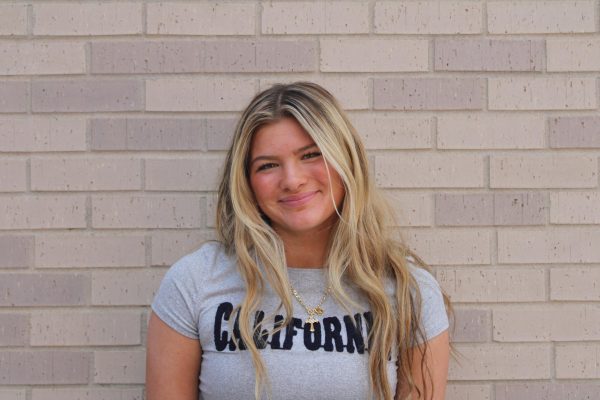Within the past few years, school districts have started including more and more religious holidays into scheduled days off of school, including Park. This year, the Jewish holiday Rosh Hashanah fell on Thursday, Oct. 3 and Friday, Oct. 4. Park scheduled that Thursday off, but still had classes in session on Friday. This has been a new topic of discussion considering only one day of the holiday is being acknowledged.
Interim assistant principal Evelyn Lashley said the purpose of having only Thursday off was to be more inclusive of diverse religious holidays while also trying to limit the days off to avoid extending into the school year.
“The goal was that we wanted to be more equitable with when we have breaks. Historically, (the) education system is centered around Christian holidays (overlapping) with breaks. So (we’re) trying to make sure that we’re at least getting some major student populations to be able to not have to miss school,” Lashley said. “I know that with trying to have days off for conferences and other engagement opportunities plus holidays, it can be hard to get the required amount of school days in.”
Jewish Student Union (JSU) vice president Ben Ribnick said he was happy that he got at least Thursday off for Rosh Hashanah, but he does celebrate on both Thursday and Friday.
“I think it was nice that we had one day off, but it would’ve been nice to have two. I do celebrate on both Thursday and Friday,” Ribnick said.
JSU co-president Andrew Steinberg said having Thursday off was great considering many other schools don’t give any days off.
“Personally, I was very glad that we got at least one day off. There have been years of high school and other high schools in Minnesota that don’t have any days off,” Steinberg said. “I know some people wanted Friday off too, but honestly, I was just happy with Thursday.”
Lashley said when making the schedule for the year, it is important for the school not to favor one religion over another and that it’s the school board’s job to implement this.
“Obviously there’s the separation of church and state, so we’re not trying to have people celebrate one thing or another thing. In the past, having our breaks just happened to line up like Easter and Christmas for spring break and winter break, which led to students who celebrate other holidays having to miss classes,” Lashley said. “The decision as a whole is made by the school board, and they make every calendar for the year two years ahead of time. So that’s why it took some time to roll out.”
Ribnick said the schedule should be flexible when different religious holidays fall on school days.
“For Rosh Hashanah, it’d be nice to have two days off. Other (holidays) like Yom Kippur would be nice to have off as well,” Ribnick said.
Steinberg said that the school could benefit from communicating with Jewish students and JSU in order to help with making the schedule.
“The school should communicate with Jewish teachers or the Jewish student union about which days should be no school and which days are acceptable,” Steinberg said. “The school is actually doing a pretty good job giving days off with Rosh Hashanah and Yom Kippur.”
Lashley said Park’s community was important when making the decisions regarding the schedule when it came to religious holidays.
“We have pretty large populations of people that don’t only celebrate Christian holidays. It was an important change that needed to happen,” Lashley said. “They (also) accept feedback from the community. I had students that had reached out to the school board about it, and they were invited to share their thoughts and opinions on the calendar too. Student voices, family and community voices are heard if they attend meetings or want to reach out to the school board.”
Steinberg said he feels represented as a Jewish student at Park, but also feels like there is room for improvement.
“I’d say (I’m represented) enough. I mean, there is Jewish student union for students that I’m one of the presidents of, which does a good job of (representing Jewish students),” Steinberg said. “I do think the principal and the assistant principal could do a better job of communicating with Jewish students and having an open line of communication.”



